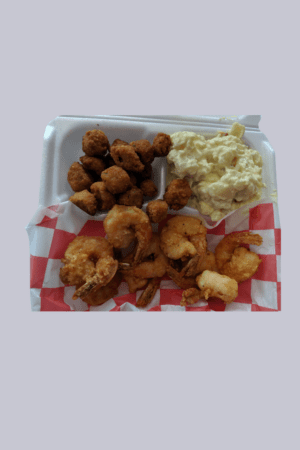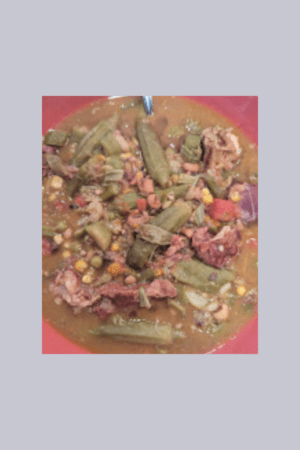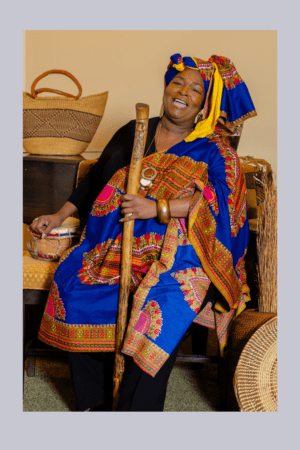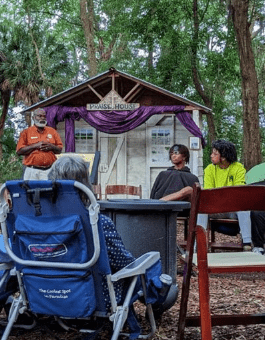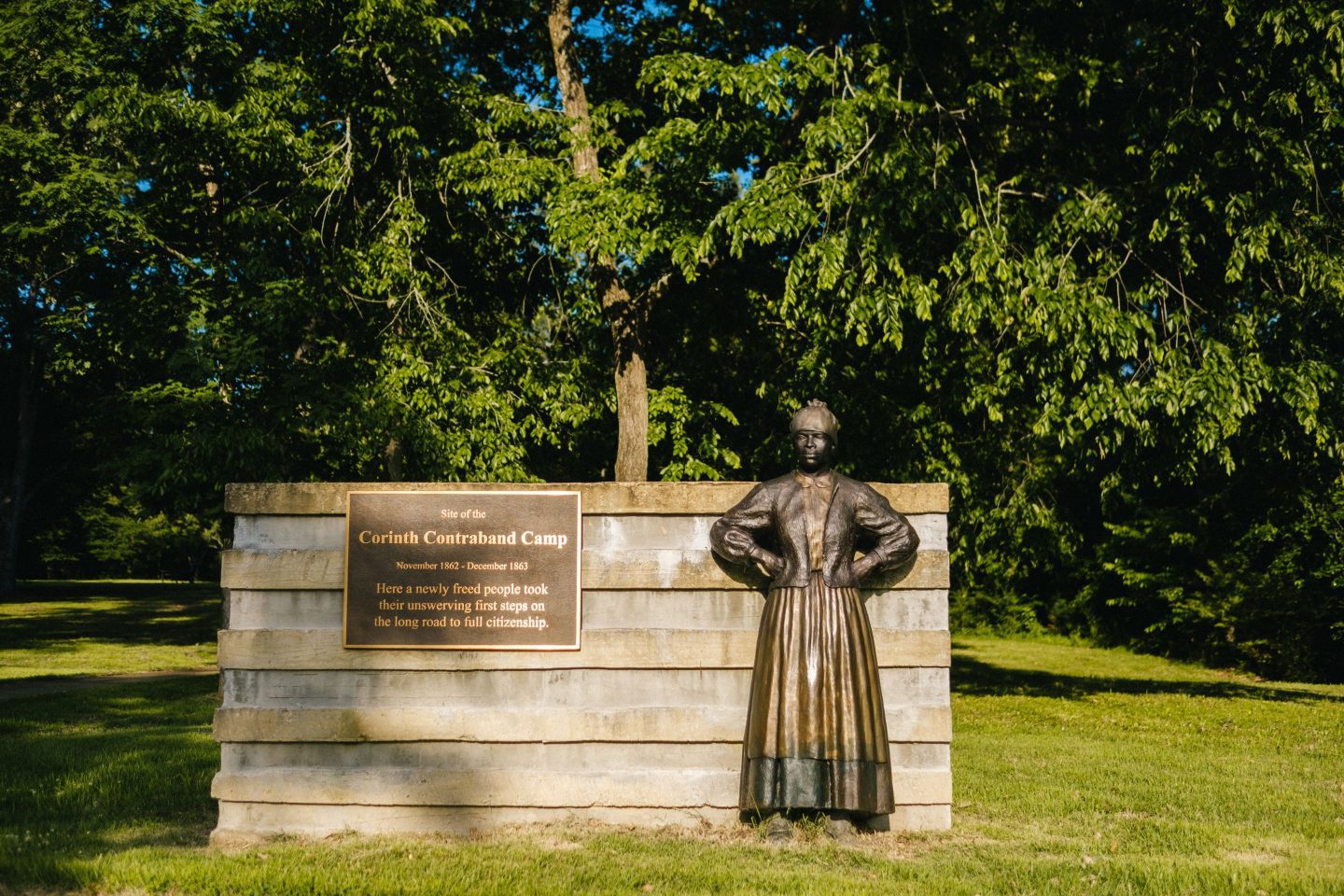

Image courtesy of Visit Corinth
In 1862 two of the bloodiest battles of the Civil War took place in and near Corinth Mississippi; the Battle of Shiloh on April 6th and 7th and the Battle of Corinth the following October 3rd and 4th.
What made this town so important that two armies fought for control of it? Railroads. Each side needed the two major rail lines that ran through the town for transporting troops and supplies.
Learn the history of the Battle of Corinth at the Corinth Civil War Interpretive Center filled with interactive exhibits, and maps marking where Confederate and Union fortifications were. There is also a multimedia theater showing a video explaining the battle.
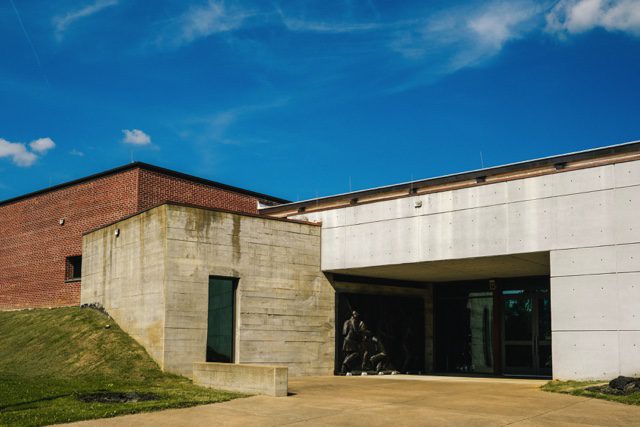
Images Courtesy of Visit Corinth
Today the Shiloh National Military Park is a beautiful, and peaceful place. That being said, imagine the lush green grass spattered with the carnages of war. This was the scene of horrific slaughter during the Battle of Shiloh (Pittsburgh Landing). General Grant’s 40,000 Union troops engaged General Johnston’s 44,000 Confederates. On the second day General Johnston’s men were forced to retreat.
Those two days of fighting resulted in 23,746 casualties. Both battles were losses for the Confederates leaving Corinth and the railroad under the control of the Union army.
When President Abraham Lincoln’s Emancipation Proclamation was enacted in September of 1862 thousands of slaves escaped southern plantations and headed to Union occupied cities and towns, many of which had contraband camps.

Image courtesy of Visit Corinth
Why the name “Contraband”? The Union army classified the runaway slaves as “contraband or goods of war”. By the end of the Civil War the army would be managing more than 100 of these camps. It wasn’t an ideal situation with many of them being poorly managed, overcrowded, and with no sanitation making them breeding grounds for disease.
Such was not the case at the Corinth Contraband Camp formed by Union General Grenville M. Dodge for those escaped slaves who sought freedom there.
Historical accounts show that General Dodge took an active interest in what went on in the camp. He gave men jobs by forming and arming them as a security brigade and recruiting others into his units as cooks and laborers. Almost 2,000 of the camp’s men enlisted in the Union army. Those that were from Alabama formed the 1st Alabama Infantry Regiment of African Descent that would go on to be known as the 55th United States Colored Troops.

Image courtesy of Visit Corinth
The Corinth camp would grow to 6,000 African American inhabitants who started farms, businesses, built homes, a hospital, a church and a school. They cultivated the land, planting cotton and vegetables. In the 15 months the camp existed it showed a profit of $5,000 from the sales of what they grew on their farms.
In December 1863, with Union troops preparing to move out, the Corinth Contraband Camp was disbanded and relocated to Memphis.
Today, surrounded by a quarter-mile walkway winding through what was the original camp grounds are informational tablets (a cell phone app will launch in 2020) and life size bronze statues of men and women at their daily activities; a laundress, a teacher, a farmer and so on.
For further information
Visit Corinth http://corinth.net/
Corinth Civil War Interpretive Center https://www.nps.gov/shil/learn/historyculture/corinth.htm
Corinth Contraband Camp & Shiloh National Military Park https://www.nps.gov/shil/index.htm
